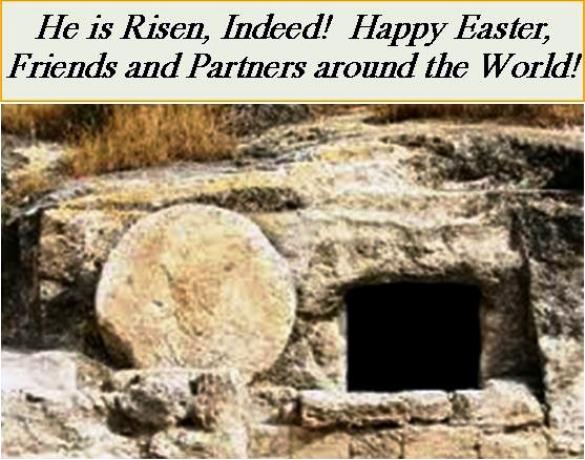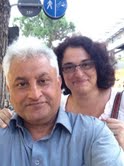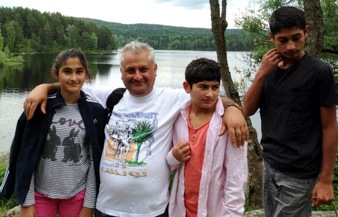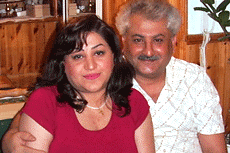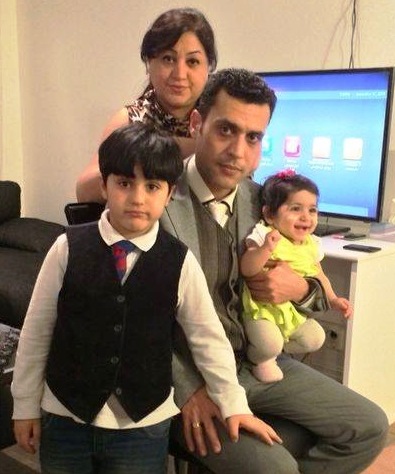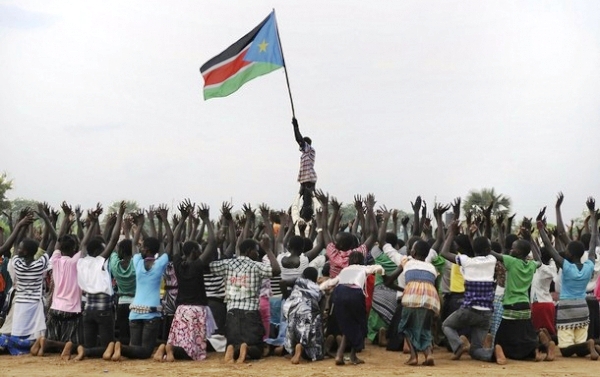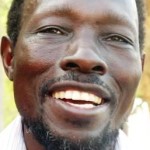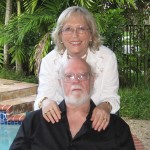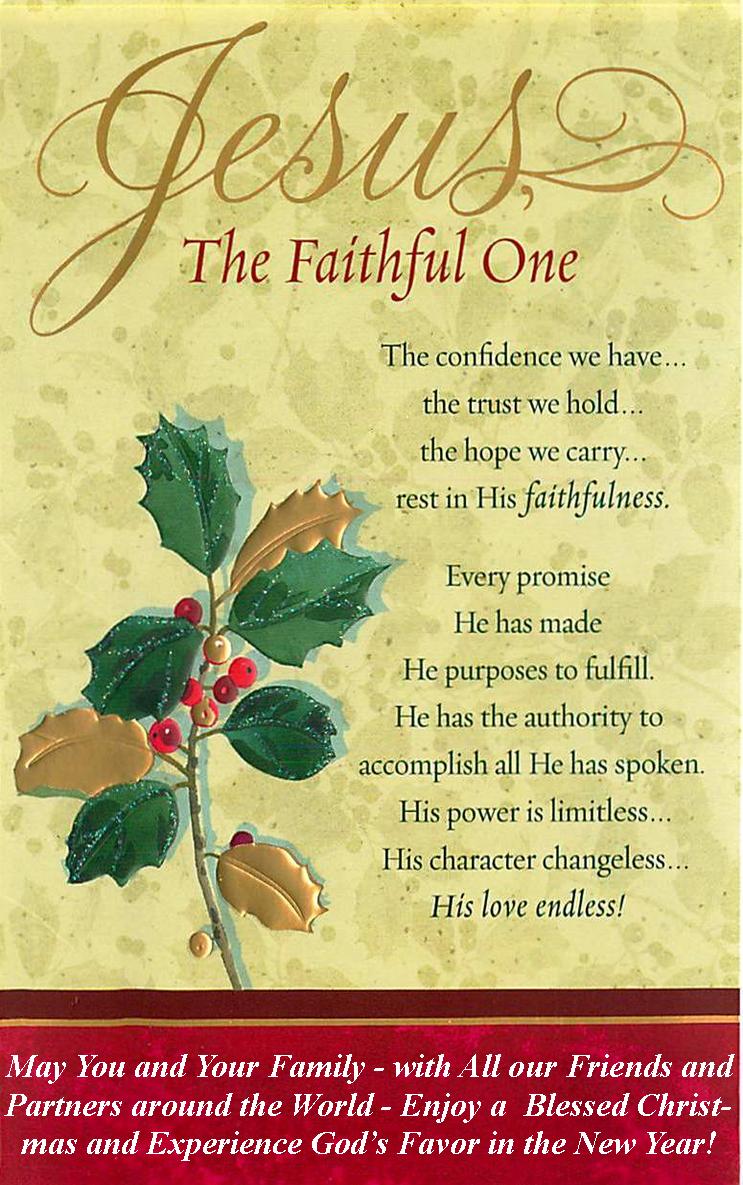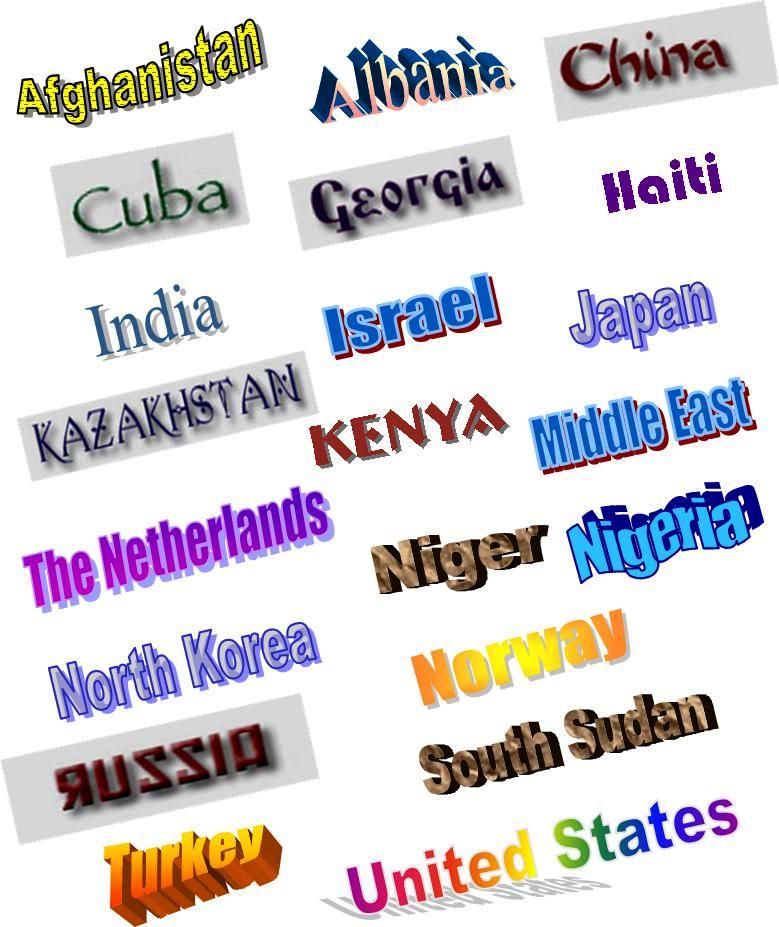To give you a brief background on the Ukrainian crisis from the perspective of the Christian faith, I have reprinted in full a news article published on February 24 in Christianity Today emphasizing the positive Christian influence in the Ukrainian’s struggle for freedom against tyranny.
Oleksandr Turchynov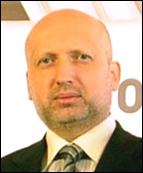 , a well-known Baptist pastor and top opposition politician in Ukraine, took office on Sunday, Feb. 23, as acting president after the Parliament voted to oust President Yanukovych.
, a well-known Baptist pastor and top opposition politician in Ukraine, took office on Sunday, Feb. 23, as acting president after the Parliament voted to oust President Yanukovych.
The collapse of the Yanukovych regime follows three months of growing protests that exploded in last week’s violence, which claimed more than 88 lives. Many of these protests took place in the Maidan, or Independence Square in the capital city of Kiev.
At issue was Yanukovych’s decision to move Ukraine into a much closer economic and political relationship with Russia. This move triggered outrage among younger Ukrainians who wish for their nation to cast its lot with the European Union. After the vote to oust him, Yanukovych fled Kiev and is reportedly in Crimea, an autonomous republic in southeast. Ukraine. According to media reports, the new government has charged Yanukovych with murder and has issued a warrant for his arrest.
Monday night, February 24, in Kiev, Turchynov, 49, spoke publicly for the first time since taking office as acting president. According to an unofficial translation, he said, “Unprecedented cruelty and brutality of the dictatorial regime did not stop citizens. They selflessly gave their lives to defend their rights—and won.”
Our first task today is to stop the confrontation, to regain control to ensure peace and tranquility, to prevent new victims, local rivalries and lynching. Another priority is returning to European integration. We must return to the European family. We recognize the importance of relations with the Russian Federation, and are ready for dialogue with the Russian leadership to build relationship with this country on a new, truly equitable and good-neighborly basis, which implies Russia’s acknowledgment of Ukraine’s European choice.”
The Parliament has set new national elections for late May. Te choice of a Baptist pastor as acting president in Ukraine — which has had an Orthodox majority population for centuries — does not come as a huge surprise to Sergey Rakhuba, head of U.S.-based Russian Ministries. For years, he has been in periodic contact with Turchynov.
“He is well-known in political circles as a principled, honest leader, although he was always in the shadow of Yulia Tymoshenko, the jailed prime minister who was released yesterday. “He is well-known as a preacher who, despite his political opposition work, preaches on a regular basis at one of the Baptist churches in Kiev, even though security must travel with him. Overall, the evangelical church is excited about Turchynov’s sudden unanimous appointment as acting president. Within the evangelical community, the post-Soviet mindset presupposes that a true Christian cannot necessarily be a politician. Personally I think it is great that Turchynov is calling for unification and healing of the nation.”
Reported in a substantial cover story from Ukraine about the changing role of the nation’s evangelical minority after the 2004 Orange Revolution, exploring how Eastern Europe’s most mission-oriented evangelical church was rethinking tradition and the Great Commission.i.
This is not the first time that an East European nation has turned to a Protestant to serve as president. In 1999, Macedonia selected as its president Boris Trajkovski, a lay Methodist who served the Roman community. Nationally, citizens referred to him as the “George W. Bush of Macedonia.”
Trajkovski at the National Prayer Breakfast in Washington. “To serve God,” he told CT, “is to be with the people and to follow Jesus’ steps.”Tragically, Trajkovski was killed in a 2004 plane crash in Bosnia. On Monday, Christianity Today was given the public statement of Valery Antonyuk, vice president of the All Ukrainian Union of Evangelical Churches.
A MESSAGE OF RECONCILIATION

At Independence Square, Kiev, Ukraine, a woman holds the national flag while reading the Gospel of John. Church members handed out 100,00 copies for free.
During this time of fateful change in the life of the Ukrainian nation, the Church and each Christian individually cannot remain spectators on the sidelines of the battles and losses. The Church serves society and mourns together with it. We went through difficult days together with the nation – we served through prayer, evangelism, volunteers, medical help, clothing, and food. Today a time has come for a ministry of active reconciliation, which will help maintain unity in our country and nation.
We supported the nation’s demand to put an end to the tyranny of the authorities and repressions by the police. Now it is important to restore justice and due process of law in the country, to form a government that has the people’s trust, and provide fair presidential elections. We believe that those guilty of crimes against the people will be justly judged, and that peaceful citizens will be protected.
But on behalf of the Church we must say more, speak the whole truth and say that which is still hard to accept and fulfill that, which is a precondition for a better future.
Therefore the Church calls the Ukrainian nation to more than just feelings of human justice – to Christian forgiveness, grace, and reconciliation. We pray to God for repentance on behalf of the guilty. However at the same time we ask victims to forgive those who are already repentant as well as those who are still lost. In order to unite the nation, in order to reconcile its various parts, its various social, cultural, and political groups, laws and justice are not enough. Without repentance, grace, forgiveness and reconciliation, the country will remain divided and in conflict. This is the basis for a deep spiritual transformation of Ukraine.
The Bible says that there is, “a time to tear and a time to mend, a time to be silent and a time to speak, a time to love and a time to hate, a time for war and a time for peace” (Ecc. 3:7-8). In accordance with these wise words, we declare today to be a time to mend, not a time to tear the nation apart; a time to seek peace, not a time to fan the flames of war; a time to learn to love yesterday’s enemies, not a time to continue to hate rivals and those who have hurt us.
We call on the Evangelical churches of Ukraine to serve to bring peace between people and healing to the wounds of war. We do not call black white and do not justify crimes or even mistakes. But we, as Christians, forgive, because we have been forgiven by God. He reconciled us to Himself, and gave us a message of reconciliation. This grace-giving Word to our whole nation should be heard from Lvov to Donetsk, from Kiev to Simferopol.
We also call upon the international Christian community asking for prayer and intercession for the Ukrainian nation and for help with peacemaking. We mourn for the victims, and thank God for His grace toward Ukraine, and pray for peace and spiritual revival in our nation. @Christianity Today
FROM R.K.’s CORNER
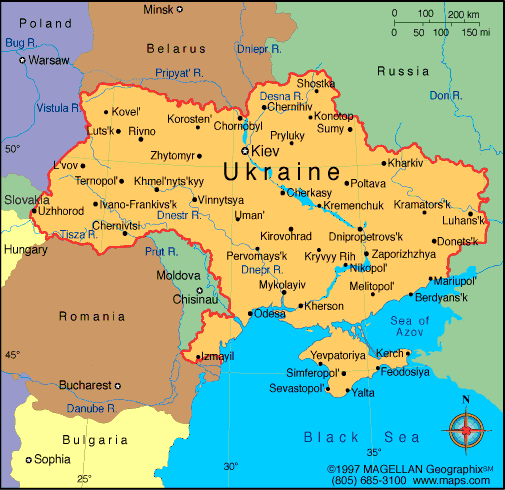 In the last few months, our focus has been on the newest nation in the world, South Sudan, and our engagement with the national people and ministries we serve there. My plan for this issue was to continue this story and show how each of them in the midst of strife and armed conflict, are light-bearers of love, forgiveness, and healing in their local communities.
In the last few months, our focus has been on the newest nation in the world, South Sudan, and our engagement with the national people and ministries we serve there. My plan for this issue was to continue this story and show how each of them in the midst of strife and armed conflict, are light-bearers of love, forgiveness, and healing in their local communities.
Then came the braking news about the crisis in the Ukraine, and I decided to prioritize this conflict which is very much in the making. This may guide you as you intercede for the Ukrainian people and the region at large. God’s ultimate purpose is that “all men be saved and come to the knowledge of the Truth” (2. Tim 2:7).
I came across a news article from Christianity Today that brings to light the active involvement of the Evangelical believers in the Ukraine. Although constituting less than 3% of the population, they are having a major positive impact on the dynamics of the freedom movement in the country. This is particularly important in light of the most recent events: Russia’s invasion of the Crimean peninsula, Ukraine’s significant Black Sea military port, and President Putin’s threat to enter Eastern Ukraine with military force. The uncertainty and fear of the future is an open door for the Ukrainian believers to share their faith in Jesus and demonstrate love in action (see article).
OUR BRIDGE PARTNERS HAVE REACHED OUT TO THE UKRAINIAN PEOPLE IN THREE WAYS
• In the early eighties during my tenure at the East European Mission in Germany, I traveled clandestinely from Germany with Bibles and Bible study books to the border cities of Russia — Kosice in Slovakia, Debrecen in Hungary, and Ias in Romania. We later learned that it was not Russia which was located on the other side of the border, but it was the Ukraine. The believers in those cities risked their lives in smuggling the material into the Ukraine where other dedicated believers distributed them among themselves, and brought this precious cargo further East – to Russia.
• After the Iron Curtain fell, The Bridge helped sponsor a Bible-based leadership training school near Kiev, from which the graduates were commissioned to do church planting and mercy ministries.
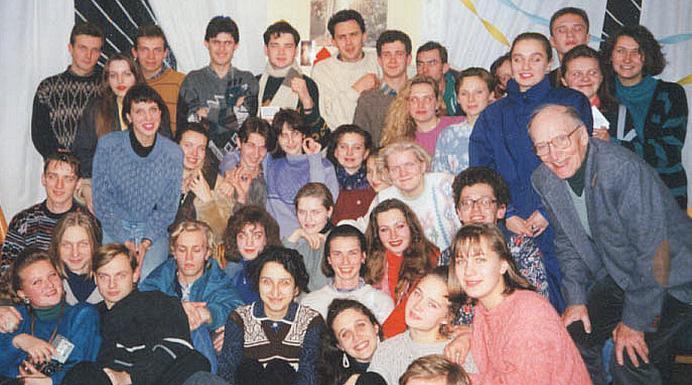 • One of our close partners, a retired New York lawyer, John Mackenzie and his wife, Mary traveled for several years to the Ukraine where John invested his life in teaching young emerging leaders at a local Bible training school.
• One of our close partners, a retired New York lawyer, John Mackenzie and his wife, Mary traveled for several years to the Ukraine where John invested his life in teaching young emerging leaders at a local Bible training school.
PRAY THAT THE UKRAINIAN PEOPLE WILL FIND TRUE FREEDOM AND PEACE AS THE GOSPEL PROSPERS IN THEIR NATION!
CHURCH STATISTICS IN THE UKRAINE
Protestants make from 1% to nearly 3% of the population in Ukraine, but they constitute over 25% of the church network in the country. The biggest is the Christians of Pentecostals faiths with over 2,500 churches and over 250,000 members that make several unions and also there are 1,560 Charismatic churches. There are over 2,500 Evangelical Christian Baptist uions with over 150,000 members, plus Methodists, Mennonites, Lutherans, Presbyterians, and others. There is also a Sub-Carpathian Reformed Church which is one of the earliest Protestant communities in the country. @Wikipedia
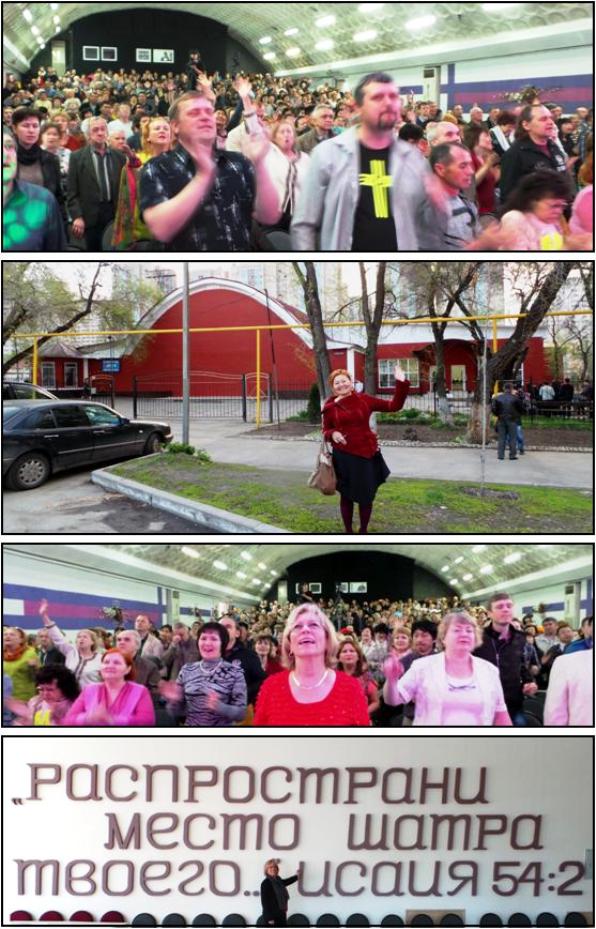
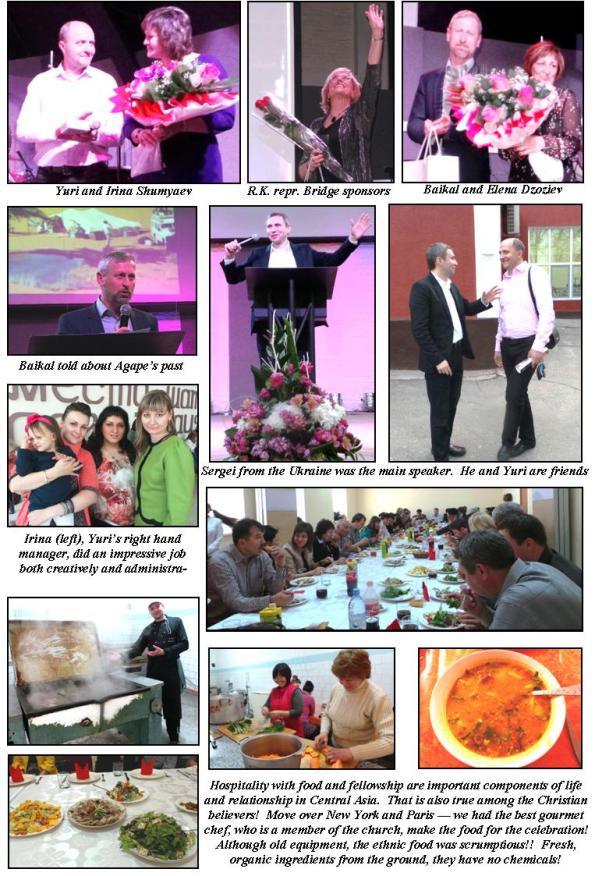
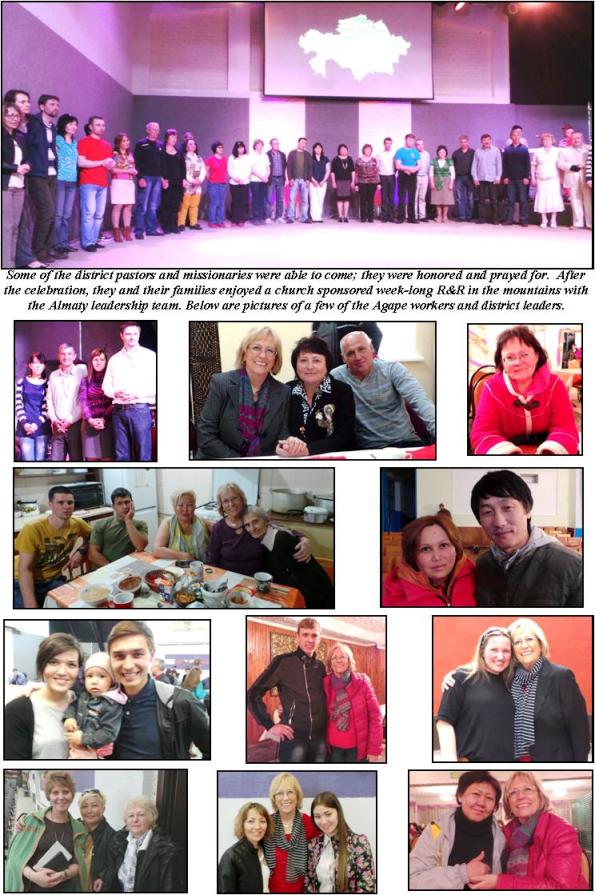 FROM R.K.’S CORNER
FROM R.K.’S CORNER In the last three months, I have traveled overseas to several countries where The Bridge has been in partnership with indigenous believers for a number of years. The most extensive was a three week visit in May to Central Asia, which caused me to delay the May Bridge Report till this month, so this is a combined May/June issue.
In the last three months, I have traveled overseas to several countries where The Bridge has been in partnership with indigenous believers for a number of years. The most extensive was a three week visit in May to Central Asia, which caused me to delay the May Bridge Report till this month, so this is a combined May/June issue.
 THE MOTTO OF THE CELEBRATION: PSALM 118:19-21
THE MOTTO OF THE CELEBRATION: PSALM 118:19-21
